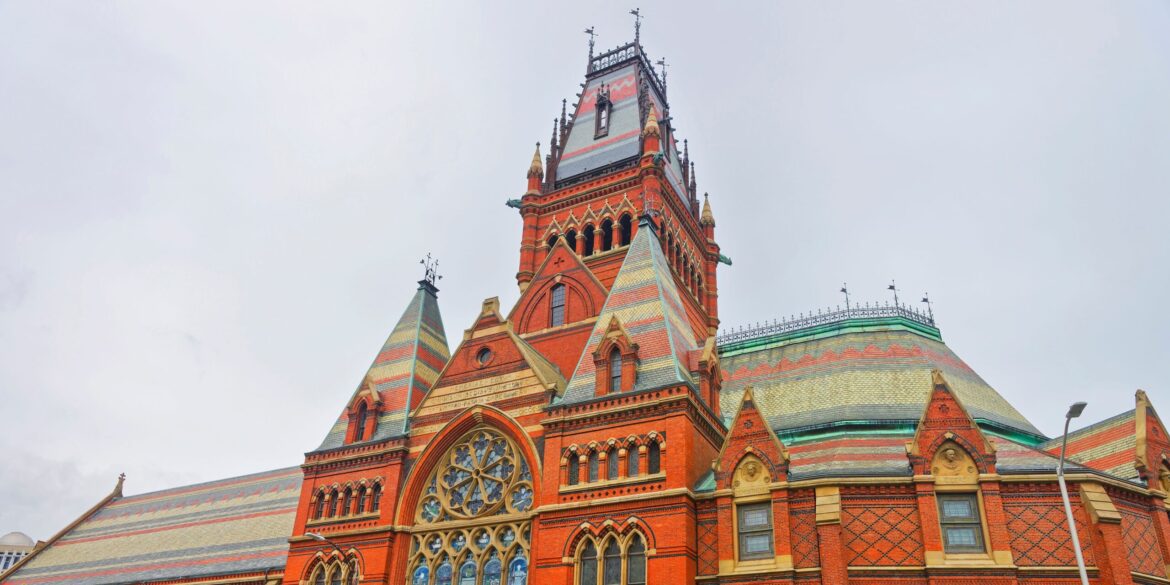The Trump administration has announced sweeping plans to eliminate all remaining federal funding to Harvard University, citing allegations of antisemitism, ideological bias, and discriminatory practices. The move, poised to strip the Ivy League institution of an estimated $100 million in federal contracts and grants, represents a significant escalation in the federal government’s campaign against perceived academic and administrative misconduct at the nation’s top universities.
Major Shift in Federal Education Policy
This decision comes in the wake of earlier freezes on nearly $3.2 billion in federal support, signaling a dramatic shift in federal education oversight. According to officials, federal agencies have been directed to sever ties with Harvard unless the university proves to be the exclusive qualified provider of a specific service or research project. The administration’s criteria for reinstating support include overhauling admissions and hiring practices, eliminating diversity, equity, and inclusion (DEI) programs, and implementing stricter controls on international student admissions.
The administration contends that Harvard has failed to adequately address rising antisemitism on campus, in addition to concerns about lack of viewpoint diversity in faculty hiring and course content. Officials claim these issues undermine the educational integrity and inclusive values that should be upheld by publicly supported institutions.
A Controversial Clash Over Campus Culture
The decision comes amid broader national debates over higher education’s role in shaping cultural and political narratives. Critics of the administration’s move argue that it is an unprecedented intrusion into academic autonomy. Supporters counter that federal funds should only support institutions that demonstrate clear commitments to meritocracy, free expression, and equal treatment.
One flashpoint in the controversy involves the university’s perceived delay in providing federal agencies with information about international students. The administration asserts that this delay poses a national security risk. Foreign students currently represent 27% of Harvard’s student body, and any restrictions on their enrollment could have far-reaching consequences for the university’s global academic partnerships and research collaborations.
Legal and Financial Implications
In response to administrative action, a federal judge recently issued an injunction preventing the immediate revocation of Harvard’s ability to admit international students. However, the court ruling is seen as a temporary reprieve. The administration is also reportedly considering legislation to revoke Harvard’s tax-exempt status, which could impact the school’s $53.2 billion endowment. Such a move would potentially cost the institution up to $850 million annually in new taxes.
Legal experts note that while executive agencies have some discretion in awarding and terminating contracts, broad efforts to penalize institutions over ideological concerns could face legal challenges. Constitutional scholars are watching the case closely, as it may test the limits of federal power over academic institutions and raise significant First Amendment questions.
Harvard Responds
Harvard University President Alan Garber has reiterated the university’s dedication to academic excellence and inclusion. In a statement to faculty and students, Garber emphasized that the institution remains committed to fostering a safe and respectful environment for all students, regardless of background or belief.
“We are steadfast in our mission to educate and innovate without political interference,” Garber stated. “While we respect the federal government’s role, we must also uphold the core principles of academic freedom and institutional integrity.”
Garber acknowledged that the university will review its policies and procedures to ensure they meet the highest standards of fairness and transparency. However, he stopped short of agreeing to the full list of demands outlined by the administration.
Broader Implications for U.S. Higher Education
The fallout from this decision could set a precedent affecting other elite universities. Institutions with similar profiles and endowments may face increased scrutiny regarding their admissions processes, faculty hiring criteria, and ideological climate.
Some analysts suggest that the conflict represents a broader political realignment in which traditional centers of academic influence are challenged by populist concerns over elitism and institutional bias. As debates over campus culture intensify nationwide, the resolution of the Harvard case may chart the future course of federal policy in higher education.

